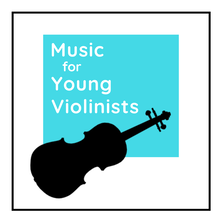|
For the remainder of the month of December 2014 we will be sharing our seasonal packet of free violin music to anyone who is on our mailing list. This season features 8 classic holiday pieces that are a blast to play. Every season Music for Young Violinists will share a free packet of violin music with it's mailing list. Yes, REALLY!!! Free and designed to share with wonderful music minded people like yourself.
Why am I doing this? Well, I make these resources for my students all the time anyways and now with the power of the internet it is as easy as a click of a button to share. I hope these pieces bring you joy and emphasize the message of this project that true satisfaction in life comes from the inside out! Please feel free to spread the good news - tell a friend, a colleague and/or share with the families in your teaching studio. Thanks!
12 Comments
Click to set custom HTML
“Doctor Suzuki said, ‘Only practice on the days that you eat.’” I say, in my most optimistic and encouraging voice, to every new cello student and their practice parent.
We all start out knowing that practice is the name of the game, we must commit to at least this part or it all goes down the tubes, right? But, when I hear myself saying this, I know full well that in about 5-6 months it is possible that I will see this same eager family, who nodded in agreement, walk into the studio with flat expressions, barely speaking to each other, and desperation showing in their once bright eyes. “We’ve had a hard week, month, few months,” they say. I know exactly what they are telling me. Despite all of the love, opportunity and dedication the parents have provided, the child refuses to practice. Maybe there had even been arguments, tantrums, and foot stomping by both parties. The honeymoon has ended and they are at their wits end. They don’t want their child to despise music or them, so maybe it’s time to throw in the towel? My heart fills with empathy for them both. I know so much of their pain, feelings of failure, guilt, and confusion about where they went wrong. How could a professionally trained Suzuki teacher have this problem?! After much reflection over the past few years as a new Suzuki parent, I have come to the conclusion that this struggle is absolutely part of the process and is completely necessary for many families. A familiar comment that I often hear from parents who are trying to pinpoint their practice struggle is, “Once she/he is in there, they play their hearts out and they enjoy themselves." It’s the “getting in there” that is the problem. The obstacle of transitioning from the outside world, with all of its excitement and wonderful distractions, to their actual workspace and mindset is something many artists face, from painters to musicians. Most of the time, once inside that space, it seems a magical inertia carries them forward until they have exhausted their creative output and work is done for the day. Personally, I find it very difficult to shift from my mama mode to the music studio, for either teaching or practicing. It was equally as challenging, if not more so, for our daughter, who spent all day at school or having fun with friends and family, to drop everything and pick up her violin because it was time. I would tell myself, “If I could just get her to the other side of the door with the instrument in her hands, everything will be okay, and the music will take over.” Unfortunately, because of the negative interactions prior to practice, our combative attitude would follow us through that door, and very little music would be accomplished. Realizing the transition period had been ignored and not included as part of the practice itself, we decided to make it inviting, special, and fun by creating a small ritual, which for us took the form of a tea ceremony. Once our daughter is aware that it is time for music practice, she finds her favorite tea cup, and with my help, makes herself a cup of tea with honey and puts a small cookie or biscuit on her plate. The entire process takes about 5 minutes and during that time we usually chat about what she intends to work on. She enters the studio with her tea and nibbles or sips through the first part of her practice. I have found that both of us consistently have a much calmer and more positive attitude as a result of being mindful of the transition. Emily Graff-Uhlman has been teaching cello privately for 13 years and currently maintains a small Suzuki studio in Eugene, Oregon while enjoying her three young children. She is a graduate of the Eastman School of Music (BM) and the University of Nevada, Reno (MM). Children Speak in Code - Learn How to Interpret When a child declares they hate the violin (or practicing, or you for that matter) I caution you to interpret the meaning of such strong statements with great wisdom and care. Children experience all the same emotions as adults, and this includes frustration, shame and disappointment. Children speak in code because they do not yet have the maturity to word their feelings for the full explanation of their emotions to be articulated. I knew a little girl who started playing the violin at the age of 4. She was full fire and like many violinists tended to be an intense child. She would frequently verbalize strong statements in the home practice sessions saying things such as: This little girl had a wise mother who knew these statements were code with a meaning different from the words spoken. What this little girl really meant was: "I hate playing VIOLIN!!!" = I really just hate this terrible feeling of defeat and inadequacy inside of me. Your child may also be saying to you: "Please do not give up on me, I need your support and your years of wisdom to guide me through this challenge in a healthy way. I am counting on you to shine a light to a higher path for the challenge at hand. My strong reaction right now even illustrates my need for a healthy emotional expression in life and music is a perfect fit for me and this necessary release. Please do not quit before I do. Please look 20 years into the future and help me through this challenge. I am counting on you." "I hate YOU!!!" = "I hate disappointing you and feeling like a failure in front of you. "I hate PRACTICING!!!" = "I hate feeling left out and frankly it does not feel fair. There is more to this story and a happy ending. Somewhere around the age of 12 or 13 music became an incredibly compelling experience for this little girl and there was a shift with her relationship to practicing. She was starting to connect the dots now how practicing was a path to making her dreams come true. All of a sudden there were String Quartets to play in at summer institutes and sophisticated Concertos by J.S. Bach and A. Vivaldi. It was indeed exciting to be a musician and she finally took full ownership of home practicing so her mother no longer needed to come to lessons or help with home practice. This girl became so focused and fulfilled with her music that she went onto major in violin performance in her undergraduate. She continued to fall in love with music and even pursued a graduate degree in violin performance with an emphasis in Suzuki Pedagogy. She has been teaching for 15 years now and is extremely grateful that her mother was so devoted to a higher vision when times got emotionally rough growing up. This little girl with such a strong willed constitution presented great challenges to her mother while growing up but her mother continued to believe in the higher purpose of music education and was willing to weather the storm of these verbal outburts and occasions such as the little girl's violin becoming a projectile object (that is a nice way to say the violin was thrown across the room.) The moral of the story is to please interpret strong statements towards playing the violin and practicing with extreme caution.
I know that little girl who used to shout out in home practice very well because that little girl was me. Thank you mom for believing in me at such a young age and for staying focused on the higher purpose of this work. I am so grateful for your endearing support all of these years. As a former music major and Suzuki Violin teacher I often receive comments from the parents I work with that allude to an assumption that my life growing up was free from some of the challenges that contemporary families experience. I assure you that my family struggled with all the same things current families do. I had my mother write this article posted below for my parent workshops to demonstrate the realities of my musical upbringing. I like sharing this because my life demonstrates that even with challenges of finding routine and committing to practice, I still made it through with flying colors. 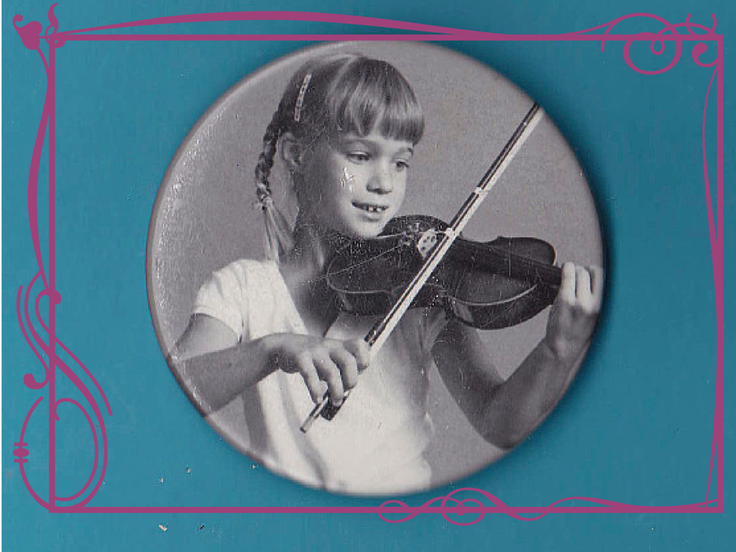 Myself circa 1982 at the American Suzuki Institute in Stevens Point, Wisconsin where I would go every summer with my mother. Myself circa 1982 at the American Suzuki Institute in Stevens Point, Wisconsin where I would go every summer with my mother. How I got involved - My friend Thelma Wilcox was new in town and had started a Suzuki violin group which I heard when my children were very young. I was immediately struck by the level of musicianship, good intonation and fine tone of such young children and asked how she got such good results. She invited me to visit one of her classes. I was inspired by the playing level of the children and by the involvement of parents in the class. She suggested that I bring my 4 year old son to the class to watch the other children. He came and was not at all interested, but his 2 year old sister, Heather, was eager to join the group. After reading the book Nurtured by Love by S. Suzuki I was somewhat skeptical as it seemed to be geared towards Japanese family life, but decided to go along with the program anyhow to see how it worked out for our family. What was difficult at first - The most difficult part was finding uninterrupted time for practice and listening. I had a 6 year old and a 2 year old as well as 4 year old Heather and all demanded my attention. I was also teaching a large group class of piano and clarinet students at my home at the time. I found it tough to find a routine and stick to it. What was easy - The listening was easy for me because I loved to listen to music. I enjoyed group lessons and the opportunity to visit with and share ideas with other parents. I enjoyed private lessons because Heather had an excellent teacher and it was a joy to watch her teach. What we got out of it - Group recitals were a great family time for us and we often celebrated with a cake, special meal, a new dress or a meal out. As Heather and her sister Alison, who followed on violin 2 years later, grew in their musical abilities they had the opportunity to play in various area ensembles and to socialize with a variety of children from other communities. Something positive, rather than something negative. All children crave attention and music gives them a way to seek it positively. What I would have done differently - I would have made more of an effort to keep to a strict practice schedule. Too many times I agreed to do it later or maybe we can skip today and do extra practice tomorrow....not a good thing. I tried to do extra listening on those days. How our lives would have been different without it - I cannot imagine a life without music in our home. Heather was an intense child and I remember one day out of frustration she threw her violin across the room. Thank heaven the living room had a thick carpet and the little violin survived! I learned that when she got frustrated, we would put the violin away for the day (or once for a week) and do more listening. Summer institutes - One of our most enjoyable and productive activities was attending the American Suzuki institute in Stevens Point, Wisconsin. It was here that I first experienced the scope of the Suzuki movement. Heather and Alison enjoyed living in a dorm, eating in a college cafeteria and socializing with Suzuki children from all over the world. It was here that they were able to hear very advanced students and to see where they were headed. They came home inspired to work hard to get to the next book or that wonderful piece in Book 6 that they had heard performed. I too enjoyed the socialization with other parents with similar concerns and interests and learned a great deal from the parent classes. What's cheap, hands-on, quiet, colorful with easy clean-up? Answer = Pipe Cleaners! A parent recently turned me onto this fantastic teaching tool. Pipe cleaners are economical, colorful, hands-on, quiet and clean up with the swoop of one hand. What's not to love? We have been using these to study the shapes of musical symbols. The hands-on quality makes it a slow and individualized learning tool for young children to study the details of the shapes in musical symbols.
We have also used pipe cleaners to re-create Blue Jello cards with great success (see picture below.). For more information on the incredible Blue Jello cards that are a part of the highly recommended Music Minds Games curriculum please visit: http://www.musicmindgames.com |
Categories
All
Archives
February 2024
AuthorHi! It's me, Heather. I absolutely love working on the Music for Young Violinists project and all the many facets: blogging, website, music, teaching materials, freebies, videos, newsletter and giveaway contests. The best part is connecting with you so feel free to drop me a line. You can learn more about me on the "ABOUT" page. Thanks! |
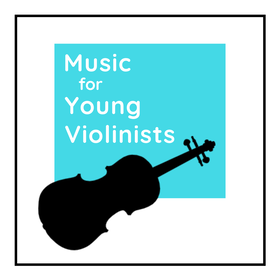
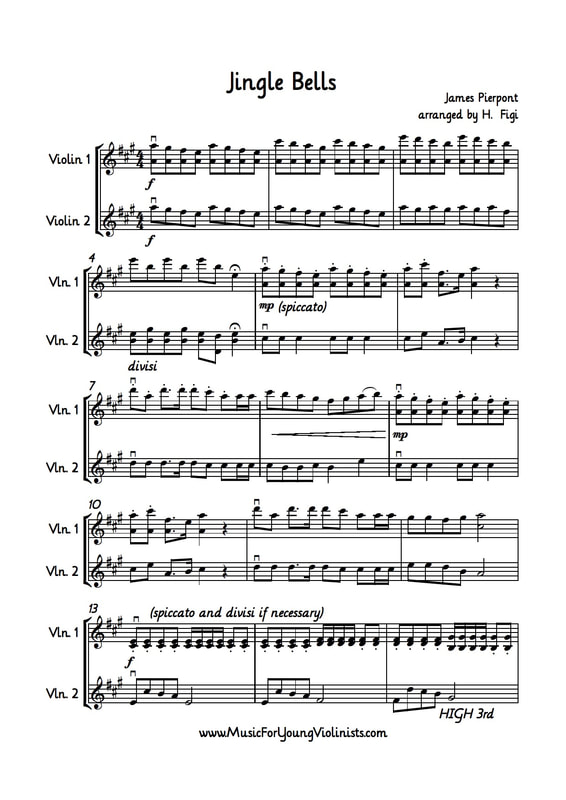
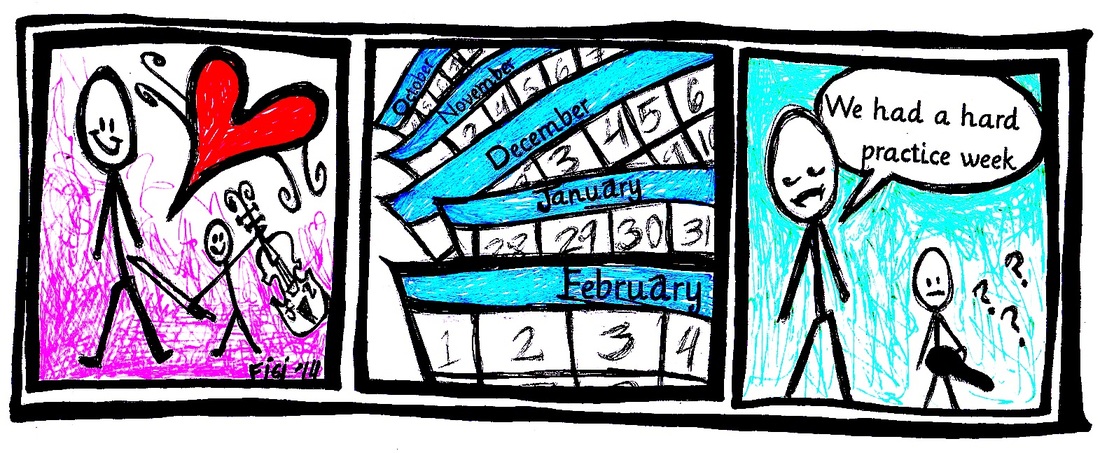
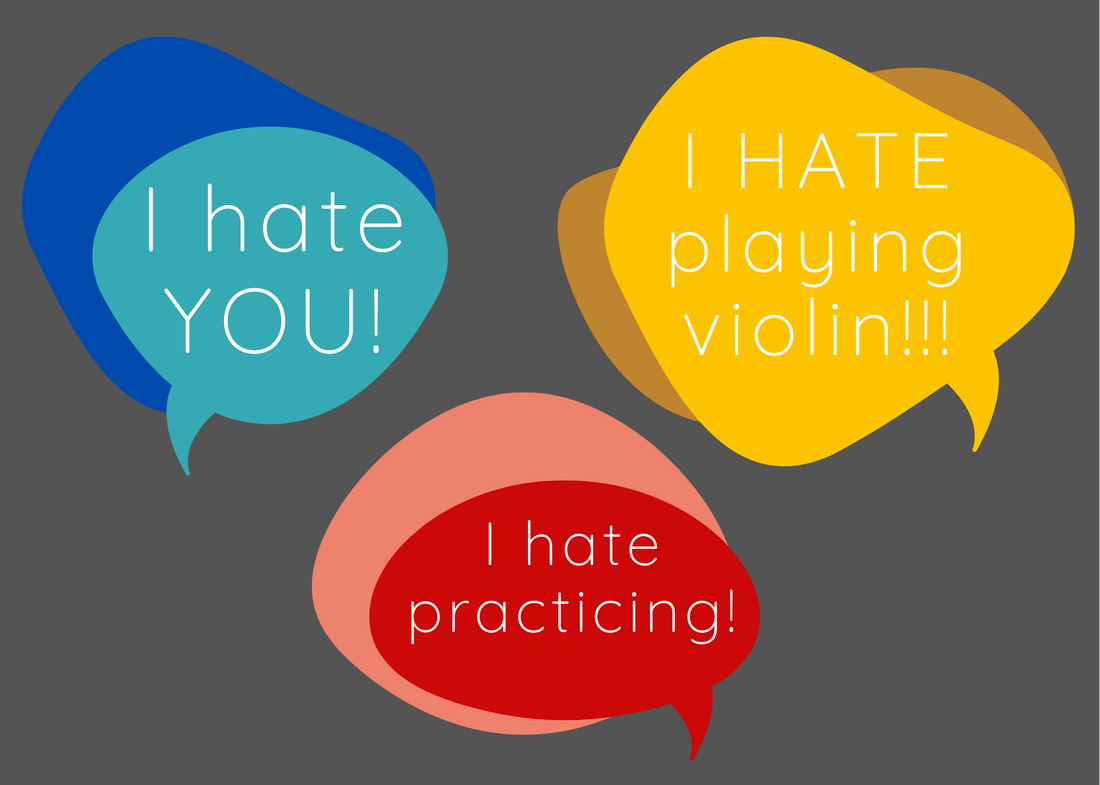
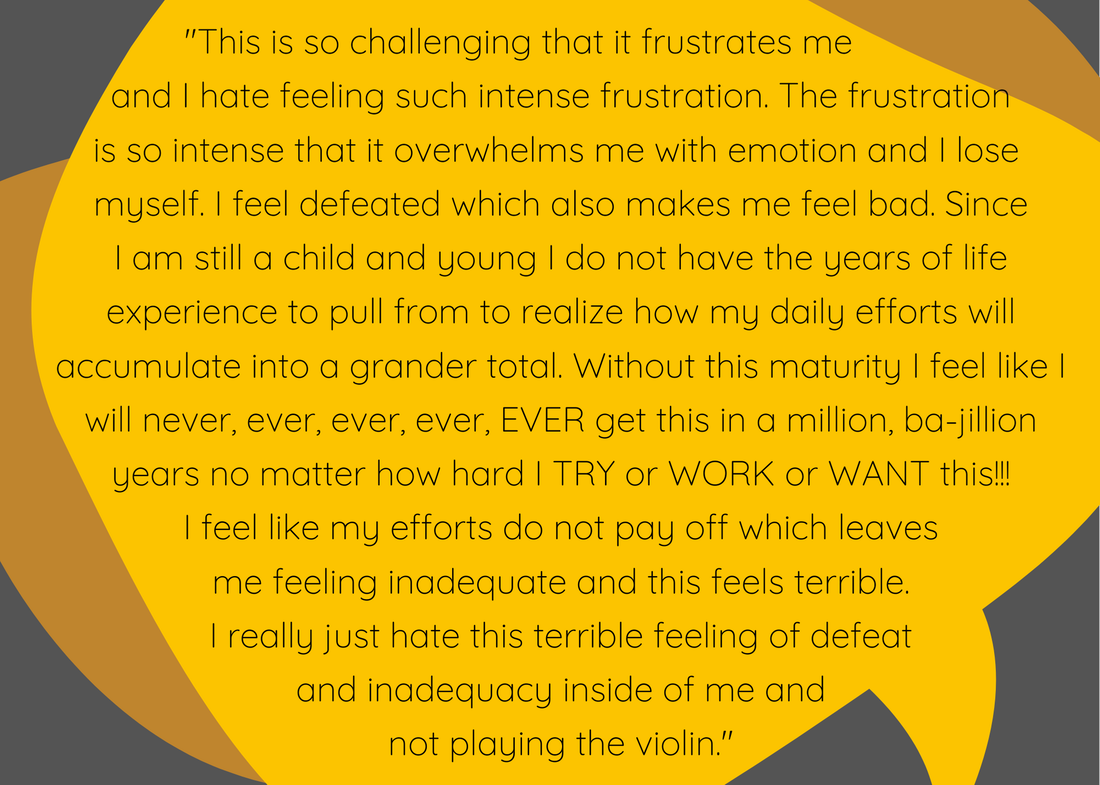
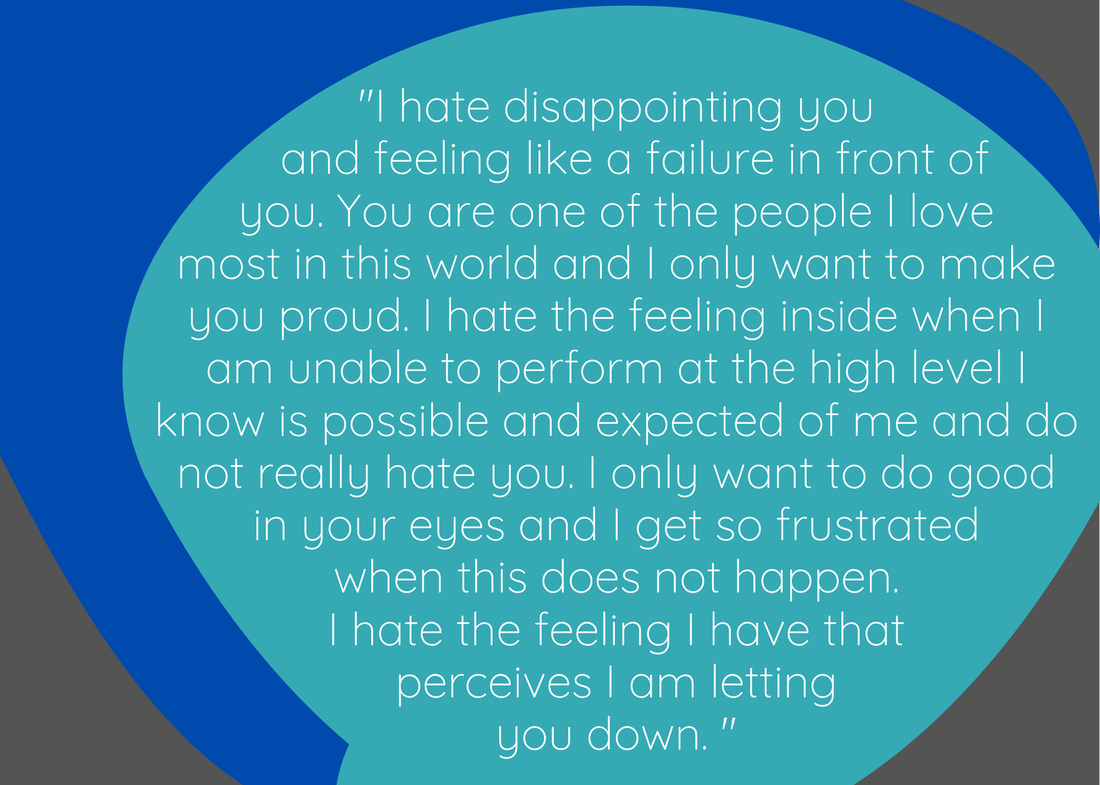
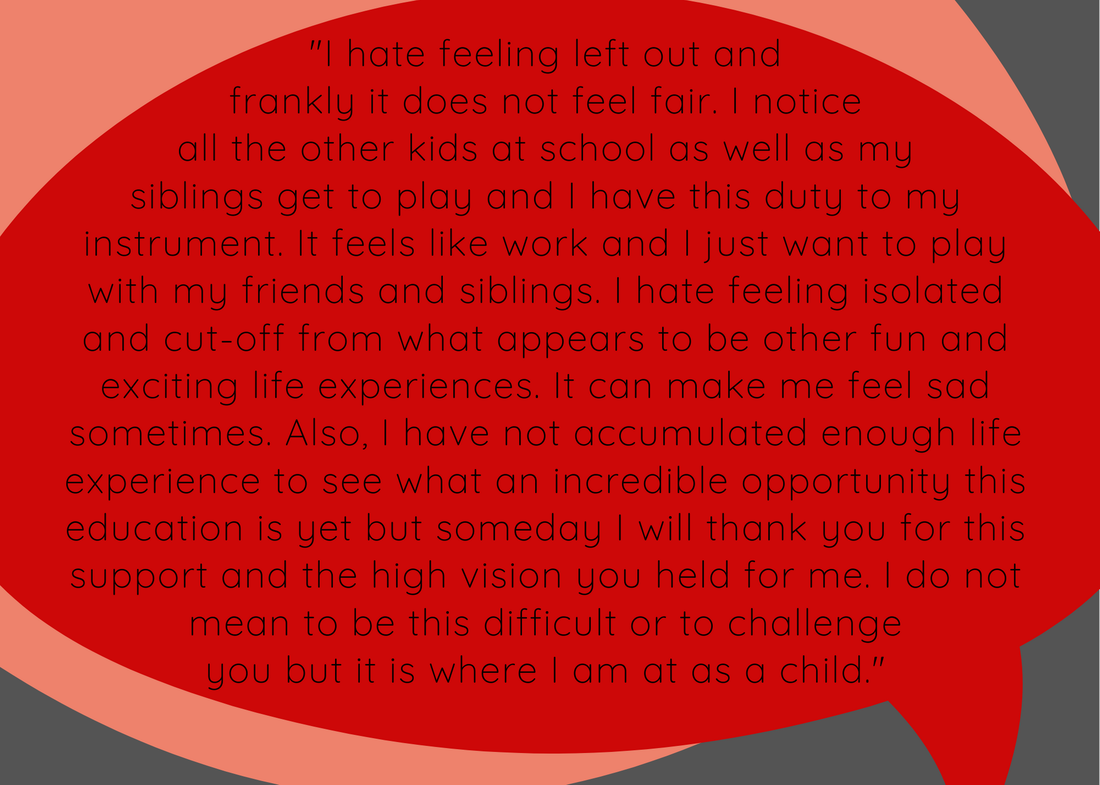
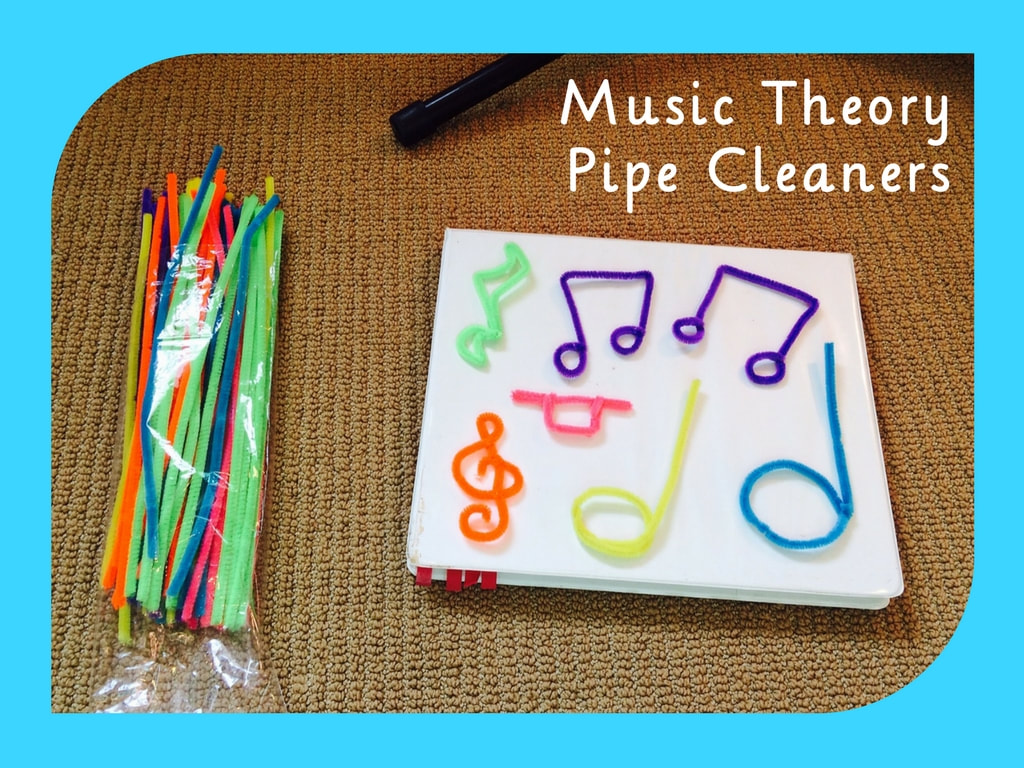
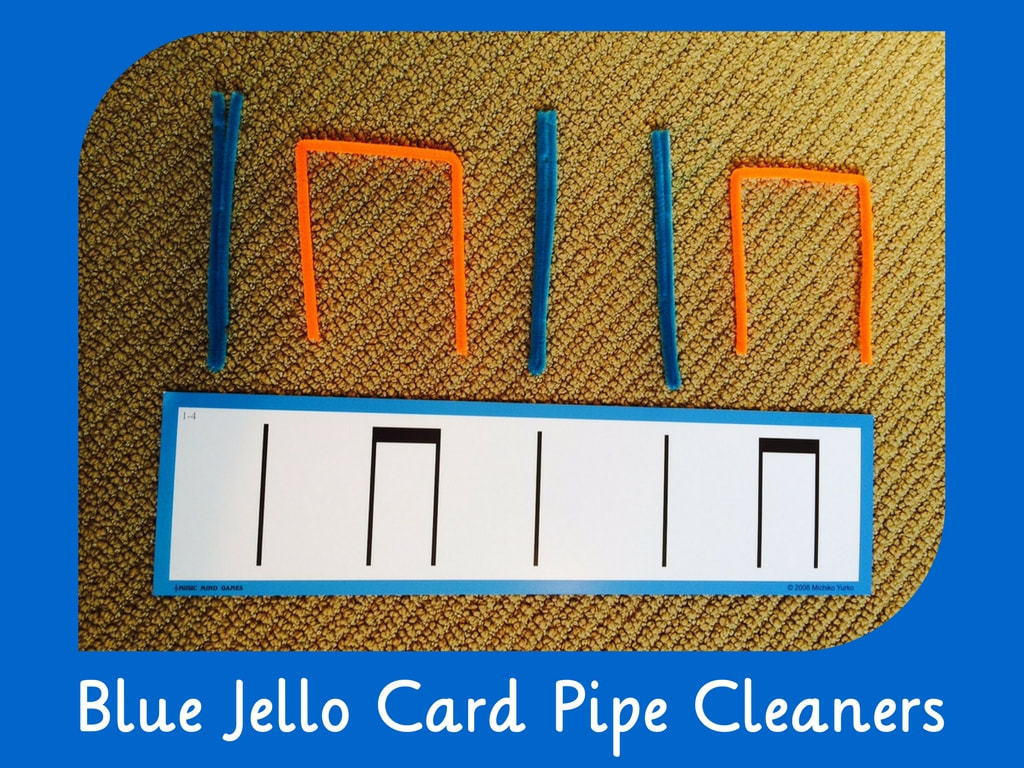
 RSS Feed
RSS Feed
